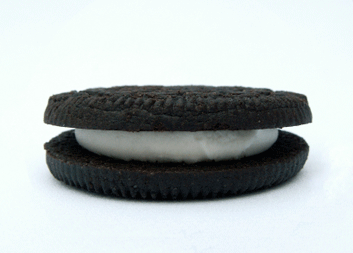Nutrition: Don’t let an organic label fool you into eating less healthily
Ever load up your grocery cart with healthy foods, maybe even throwing in a few organic vegetables and some organic

Ever load up your grocery cart with healthy foods, maybe even throwing in a few organic vegetables and some organic cookies or granola bars, and think you’ve got a healthier week of eating ahead of you? Think again!
Researchers at Cornell University in Ithaca, N.Y., have been studying the role of the "halo effect" on how people perceive the taste and calorie count of organic versus regular foods.
Earlier research has shown that people tend to consume more calories at fast-food restaurants claiming to serve "healthier" foods, compared to the amount they eat at a standard fast food spot, according to a press release from the Federation of American Societies for Experimental Biology. The reasoning is that when people perceive a food to be more nutritious, they tend to let their guard down when it comes to being careful about counting calories’ultimately leading them to overeat or feel entitled to indulge. This health halo effect also seems to apply to certain foods considered by many to be especially healthy, such as organic products.
In the Cornell research, 144 participants at a shopping mall were asked to compare what they thought were conventional versus organic chocolate sandwich cookies, potato chips and plain yogurt. All of the products were actually organic, they were just labelled differently. Subjects rated each food for 10 different attributes’including taste and perceived fat content. They were also asked to estimate the calorie content of each food.
The subjects reported preferring almost all of the taste aspects of the "organic" foods, even though they were actually identical to the "regular" items. The foods with "organic" labels were also perceived to be significantly lower in calories and fat, and higher in fibre. Overall, the "organic" cookies and chips were thought to be more nutritious than "regular." People were also willing to pay more for the perceived "organic" foods. Additional studies are needed to determine whether these taste and nutrition perceptions result in greater consumption of organic versus conventional foods.
Do you purchase organic foods regularly? What do you think about their taste and nutrition content?




